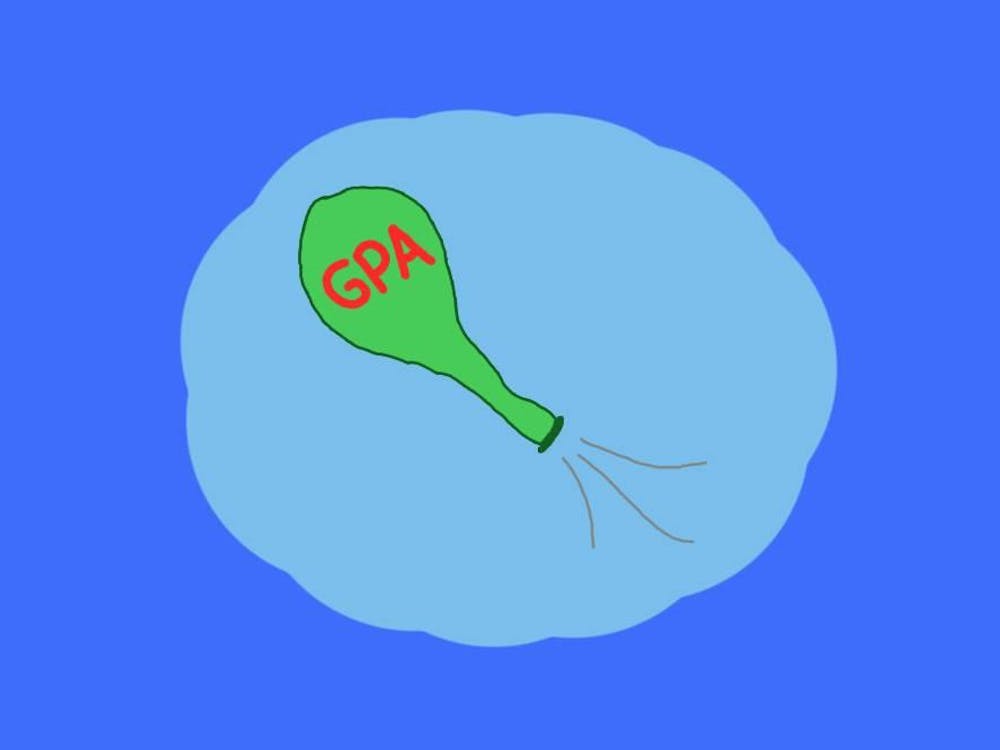HISTORY, I had always believed, was a study of facts. Questioning these facts was questioning what's already happened. At least in my history class, it was something that rarely was done.
In college newspapers throughout the country, Bradley R. Smith, founder of the Committee for Open Debate on the Holocaust (CODOH) is attempting to make sure history does not remain indisputable anymore. CODOH publishes a pamphlet called The Revisionist, which includes essays that raise doubts on several aspects of the Holocaust.
Despite the unpersuasive nature of their arguments, CODOH should unreservedly be given the right to publish their opinion. As Smith argues, "It promises a free press, open debate, intellectual freedom, and political liberty. What's wrong with that?" However, the massive controversy that followed the publication of the pamphlet in Wake Forest University's student newspaper, The Black and Gold, along with the Duke University Chronicle's refusal to print the publication has ignited a debate over the limitations of freedom of speech. Additionally, The Cavalier Daily has refused to publish The Revisionist two years in a row.
While the questions raised by Smith and the CODOH seem preposterous in light of compelling historical evidence, the fact remains that the CODOH is entitled to the freedom to form and express its own opinions.
Members of CODOH have branded their arguments as part of a theory known as Holocaust Revisionism. According to the CODOH's Web site, it is not the purpose of Holocaust Revisionism to prove that the Holocaust never happened, but rather, to question whether an organized extermination of Jews was a part of the official Nazi policy. The CODOH acknowledges that anti-Semitism was prevalent during the Nazi regime and that many Jews suffered "unfathomable tragedies" during the war.
|
Even a quick glance through the CODOH's extensive Web site will show that the point of view argued by Smith lacks real concrete support. By questioning the validity of most documents, pictures and eye witness accounts, the CODOH mainly attempts to undermine what most historians consider as irrefutable evidence. By doing so, however, the CODOH exercises a fundamental right: the right to form an opinion. Similar to a persuasive essay based on step by step arguments, the CODOH argues that because there is "no hard" evidence of the Holocaust, a part of it must have been fabricated.
The main controversy stems from whether the CODOH should be allowed to express its opinion through a public forum, such as a school newspaper. Aside from the constitutional right to freedom of speech, publishing the CODOH's pamphlets allows for a free flow of ideas and opinions. There is nothing to disclaim that some of those ideas may be offensive and perhaps even wrong, as it seems likely in this particular case.
However, there is no validity in a free marketplace of ideas if it only allows for popular and accepted opinions. An opinion retains its right to be expressed as long as it remains an opinion, and isn't forced upon people as the "truth."
The CODOH, by attempting to convince people to think differently, asserts that its principle aim is to promote "intellectual freedom." It never asserts that its motives are to establish a fact and even maintains that, "we remain open to being convinced that we are wrong."
An even more important consequence of allowing for this "intellectual freedom" is that it allows people to rectify any inaccuracies the CODOH might harbor of the Holocaust. While it may be hard to convince Smith and CODOH through simple rhetoric, publicizing their views probably will bring forth enough knowledgeable scholars to dispute the substance of their opinion, as opposed to their right to form one.
If those who are challenging the CODOH's right to form opinions are confident that their views are "objective fact," then they should be secure in the belief that any misperceptions can be proven wrong. Suppressing dissenting views will only foster their growth, and allow any inaccuracies of history to continue. In the article "Holocaust ads in campus paper renew revisionism debates" published in The Chronicle, editor of Duke's newspaper Katherine Stroup said, "my overreaching philosophy is that harmful, hateful ideas have to be aired so people can be aware, respond and act against them."
The study of history is not entirely a study of facts, as I had once thought. It is also a study of the interpretation of facts. Thus, while history itself will never change, our study of it remains boundless.
(Faraz Rana is a Cavalier Daily viewpoint writer.)




